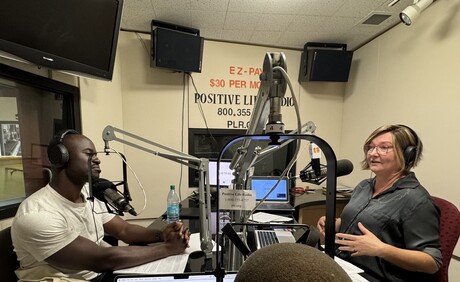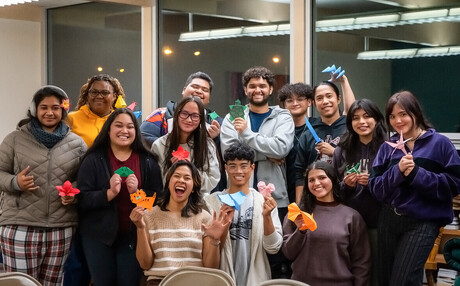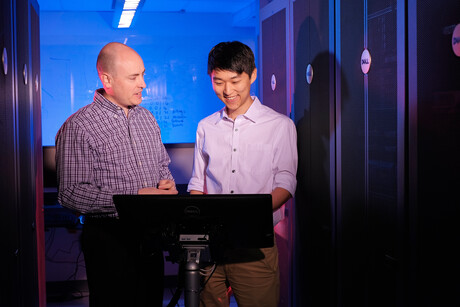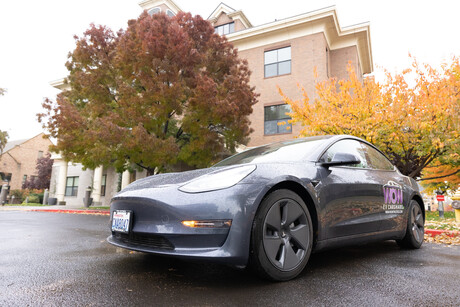Kristen Whitley, junior biochemistry major at Walla Wall University, presented her research from last summer at the Experimental Biology conference. “My project entailed investigating the role of a transcription factor, a protein called LHX2, in a regulatory loop that is necessary for proper limb-patterning and development in vertebrates,” Whitley described. She was given the opportunity to do research as a volunteer with Ph.D. students and a doctor at Loma Linda University. After her abstract was accepted by EB, she presented her research through a poster on April 3rd in Philadelphia.
EB hosts an annual meeting.“[It's] place where everyone is going to connect and share the latest research and science,” said to Whitley. The main research topics include anatomy, biochemistry, molecular biology, physiology and more. Participants can range from students at academic institutions to leaders from nonprofit or government organizations. They gather to learn from lectures, exhibits of new technology, and poster presentations like Whitley’s. Whitley reached out to Kerby Oberg at Loma Linda who accepted her invitation to do volunteer research in their lab. After deciding her research topic, Whitley began looking at how LHX2 regulates Sonic Hedgehog proteins. ZPA Regulatory Sequence, a limb-specific enhancer, is regulated by SHH, but it was unclear if LHX2 binding sites were necessary for ZRS activity.
“One of the things you learn is that you aren’t necessarily making novel discoveries every week," said Whitely about her experience working in the lab. "There are a lot of times when your results don’t turn out [well], so the lab definitely has a lot of highs and lows.”
Each Friday, Whitley would meet with Oberg and the lab group to share presentations of their weekly results and conclusions. This not only exposed Whitley to other research findings, it helped her create connections. “It’s a good way to have someone who’s willing to reference me for the future. They worked closely with me for the summer and know what my work ethics and my strengths,” Whitley explained. Presenting at the EB conference continued her opportunities to connect and network with other scientists. Her research abstract concluded that LHX2 may not directly bind to ZRS, and further experiments are needed to understand its regulation of SHH.
Whitley continues making observations because of her summer research. “It’s been interesting now taking those classes and understanding what I did on a deeper level or connecting what I did to some of the things we talk about in class,” Whitley explained. Because of this, Whitley has found that research and making discoveries has pushed her to consider pursuing a Ph.D. to continue research work.







